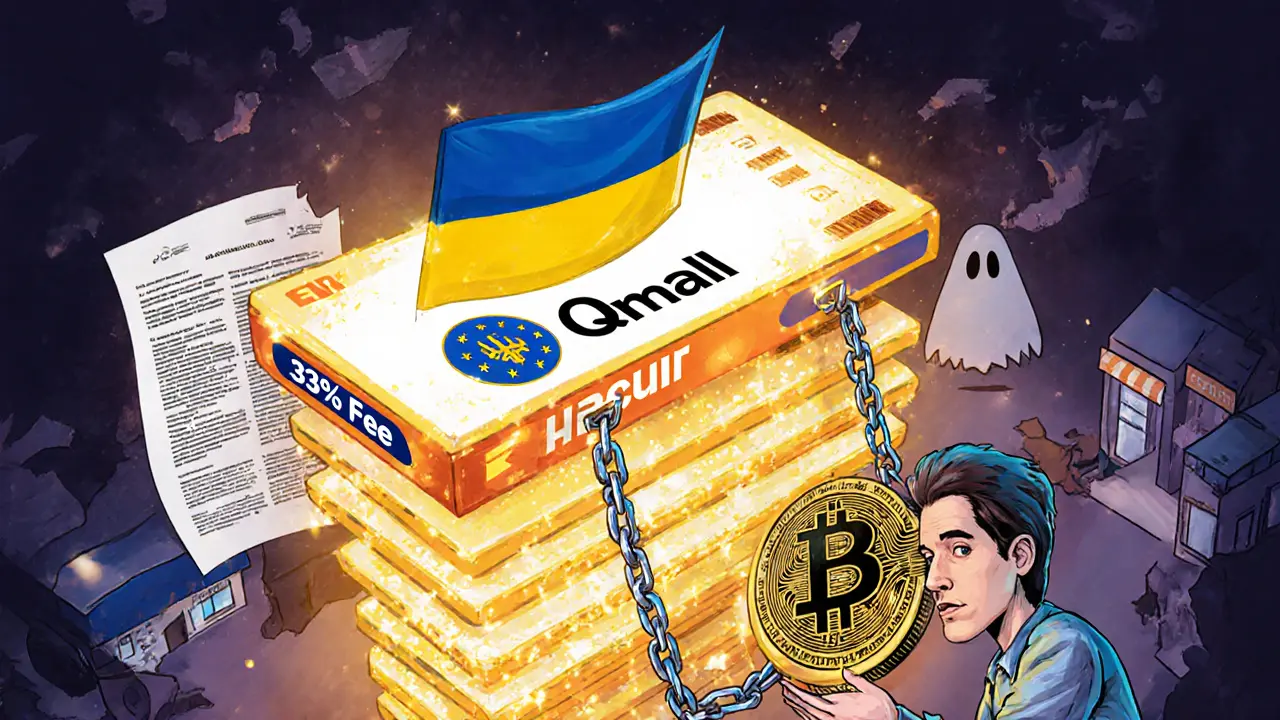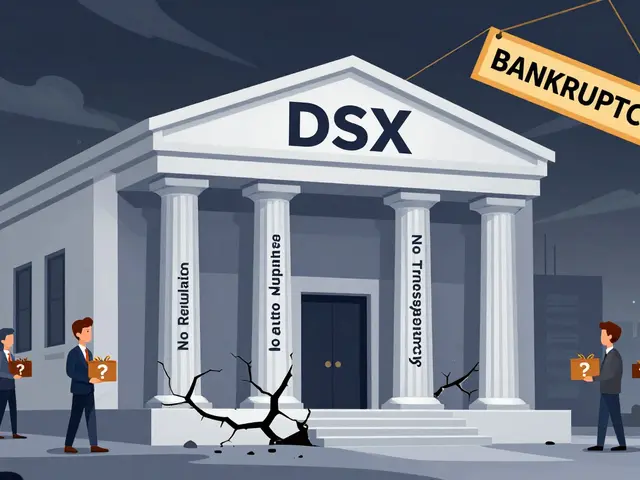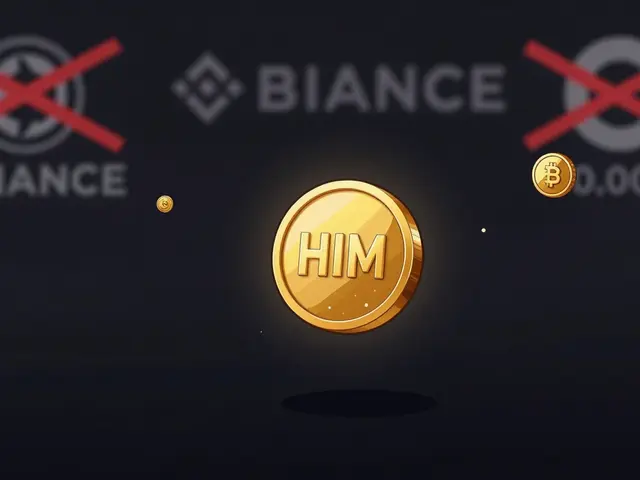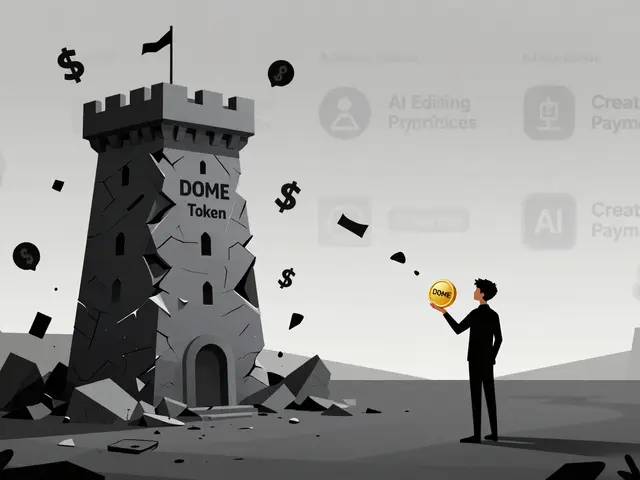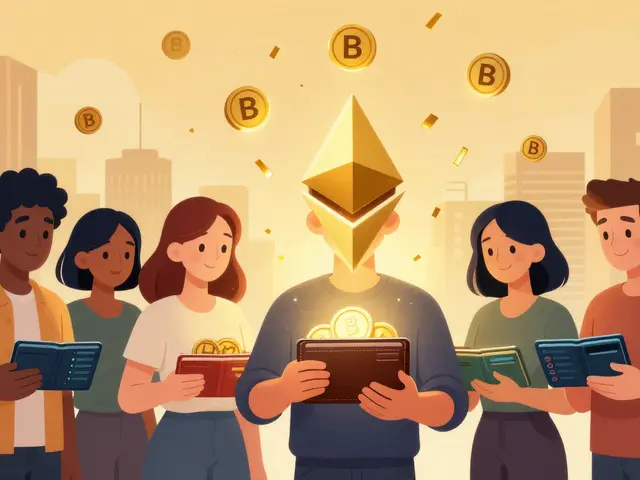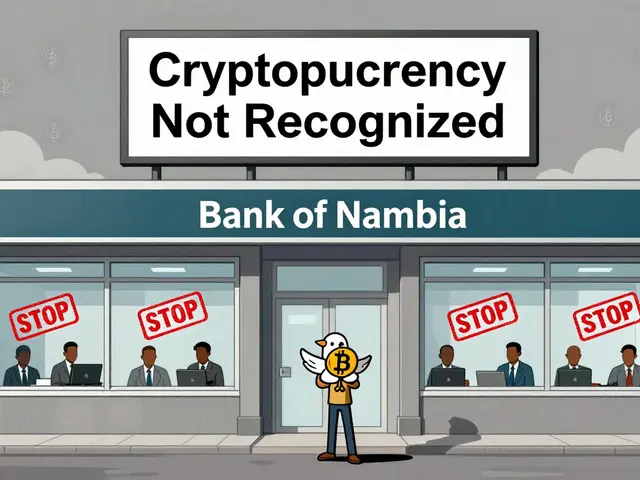QMALL Token: What It Is, How It Works, and Where to Find Real Info
When you hear about the QMALL token, a digital asset linked to a specific blockchain-based shopping or loyalty platform. Also known as QMALL coin, it’s designed to be used within a closed ecosystem—think rewards, discounts, or access to services—rather than as a general-purpose currency. Unlike big-name tokens like Bitcoin or Ethereum, QMALL doesn’t have a massive public profile. That makes it easy for scams to sneak in. Fake airdrops, fake websites, and fake Telegram groups often use the name to trick people into giving up private keys or paying fees. You won’t find QMALL on Binance or Coinbase. If someone tells you it’s listed there, they’re lying.
Most real mentions of QMALL come from small blockchain projects focused on retail, loyalty programs, or local e-commerce. It’s not a DeFi giant like Jupiter or a meme coin like FourCoin. Instead, it’s meant to be used inside a specific app or platform—maybe one that lets you earn tokens for shopping, referring friends, or leaving reviews. That’s why you won’t find much on major crypto news sites. The real info is buried in project whitepapers, Discord servers, or community forums. And even then, you need to check if the project is still active. Many of these small tokens die within months after launch.
What you’ll find in the posts below aren’t flashy price predictions or guaranteed airdrops. You’ll find honest breakdowns of what’s real and what’s not. Some posts explain how to spot fake QMALL campaigns. Others compare it to similar tokens like MCASH or SLD—tokens that also promised big rewards but ended up confusing users. You’ll see how tokenomics work for small projects, what “staking” really means in this context, and why most QMALL-related airdrops are either dead or fake. No hype. No fluff. Just what you need to know before you touch a single coin.
If you’re looking for a quick profit from QMALL, you’re already in the wrong place. But if you want to understand whether it’s a real project or just another ghost token, the guides below will save you time, money, and stress.
Qmall Exchange Crypto Exchange Review: Regulated or Risky in 2025?
Qmall Exchange claims zero fees and EU regulation, but investigations reveal hidden charges, unverified licenses, and no real trading volume. Avoid this risky platform in 2025.
